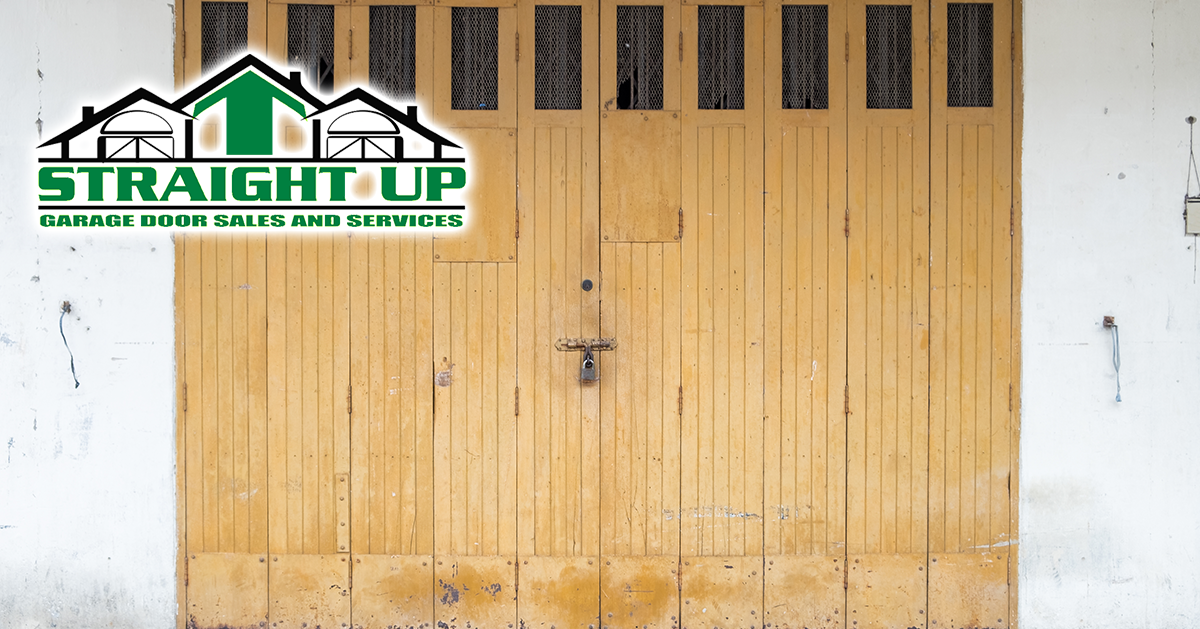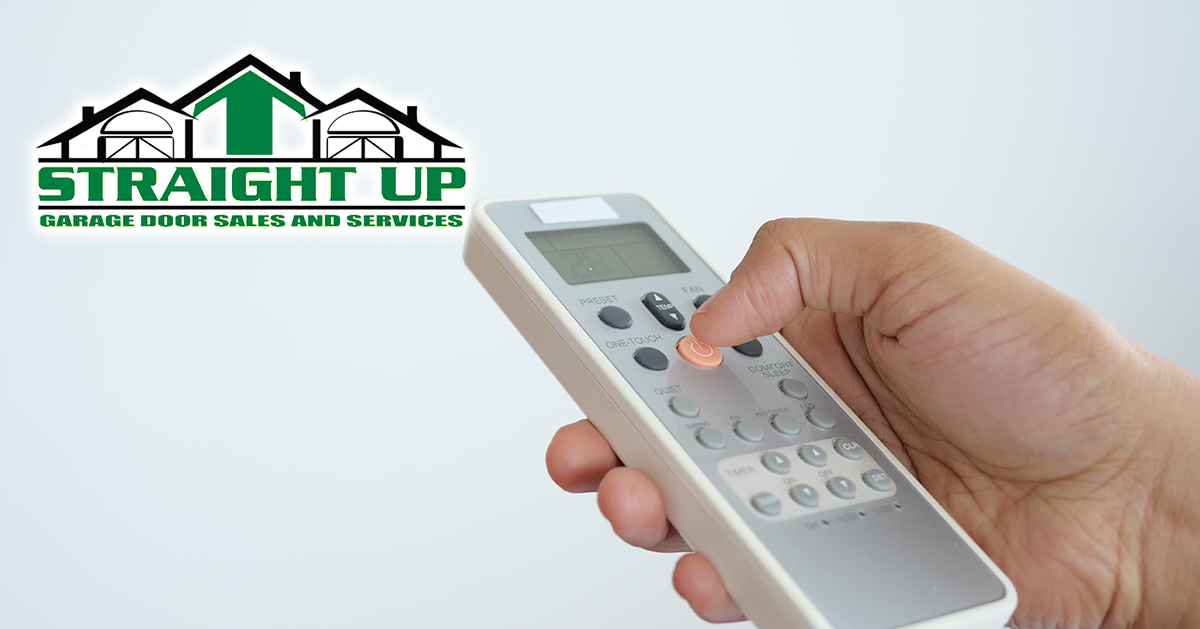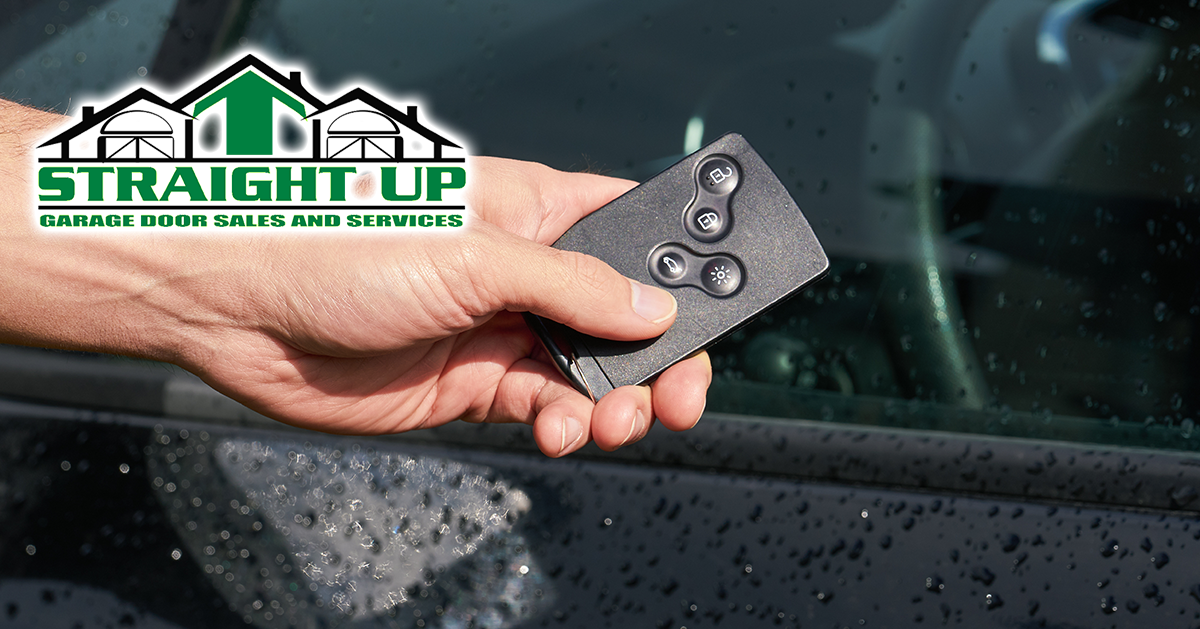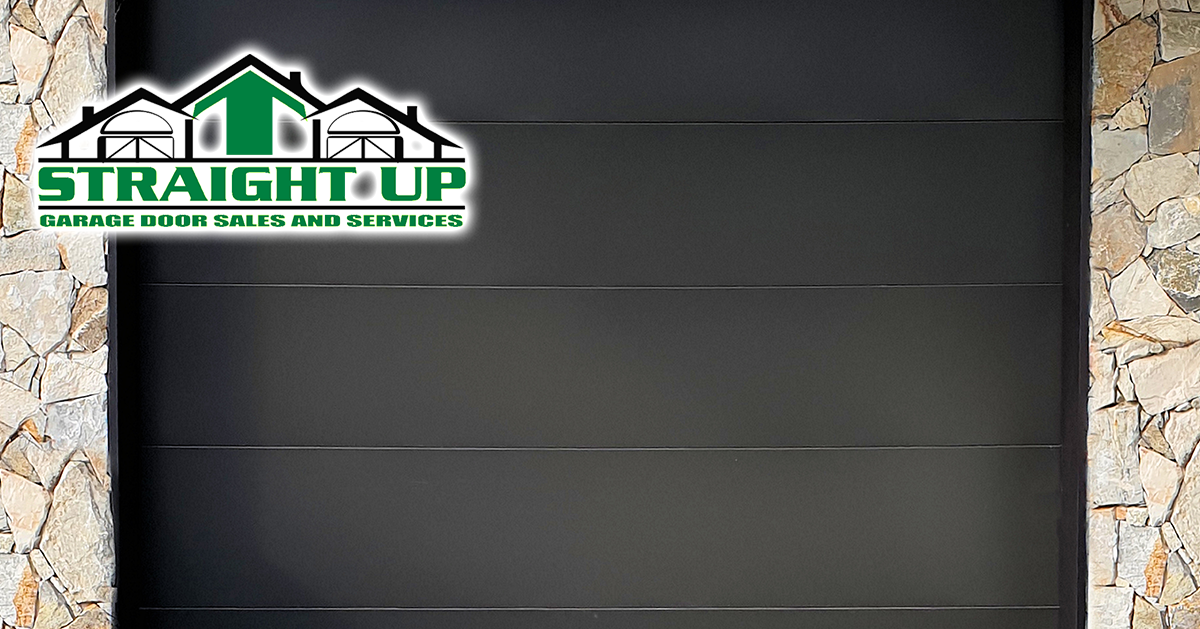Americans love their cars, and as a result, love their garages. That simply makes a garage door freezing in place even more stressful. However, this problem is far more common than people think. That is good news for stressed homeowners, because that means troubleshooting the issue is common. This week, we are exploring the wide variety of reasons that cause a door to freeze up. Read on to learn what causes freezing garage doors and how to troubleshoot the issue.
Problem One: Literally Freezing
While this problem is uncommon in central Florida, garage doors can literally freeze shut due to cold weather. Doors freezing to the floor is especially common with cement floors. Homeowners simply need to break the connection between the door and the floor. The best option is something like a heat gun or hairdryer. These options apply non-damaging heat to the door and dissolve the cold seal between the door and the floor. A more difficult option is to physically separate the two surfaces. Use something firm but not sharp (like an ice scraper) to slide between the door and the floor.
Problem Two: Broken Torsion Spring
Broken and worn out torsion springs cause all sorts of issues. Among those problems, are a freezing garage door or a garage door that starts and stops. Torsion springs need to be replaced pretty often. If the source of the problem is a torsion spring, there is really no solution other than replacement.
Problem Three: A Locked Door
Sometimes people inadvertently lock their garage door. Many people don’t even know that their garage doors have locking systems. The solution to this is the garage door equivalent to “have you tried turning it off and turning it back on?” Double check the locking system and ensure that everything is completely unlocked.
Problem Four: Problems With The Photo Eyes
Garage door sensors, called “photo eyes”, make sure that nothing is obstructing the garage door from closing. However, those eyes can be almost too sensitive. Sometimes, something as simple as direct sunlight on a summer day reads as an obstruction. Contact your local garage door professional for ideas on how to reduce the sensitivity settings.
Problem Five: The Track Is Simply Too Dry
Many homeowners do not realize that this is a common issue for garage doors. The object that the door moves on while it is opening and closing is called the track. The track can dry out or the finish wears off, which causes the door to stick. The solution is rather simple, get some lube! Always use a silicone-based lubricant that is designed specifically for garage doors. Other industrial lubricants, such as WD-40 can damage the track and make the problem worse.





